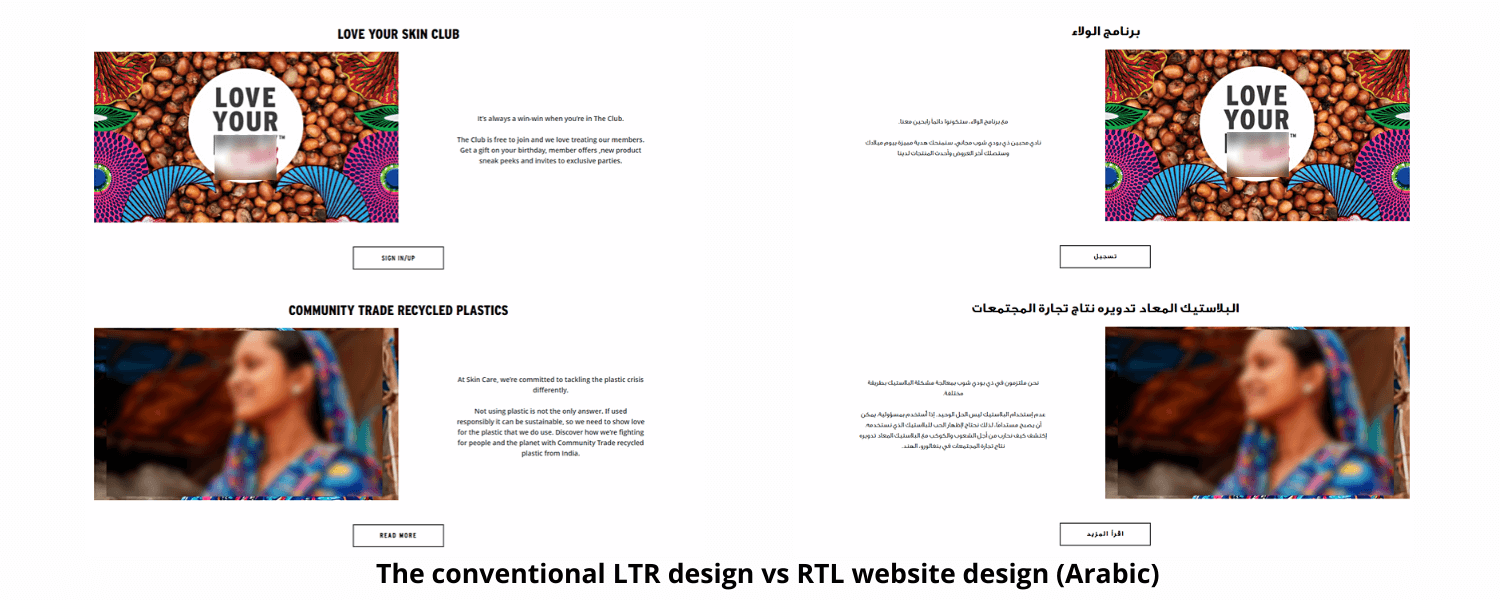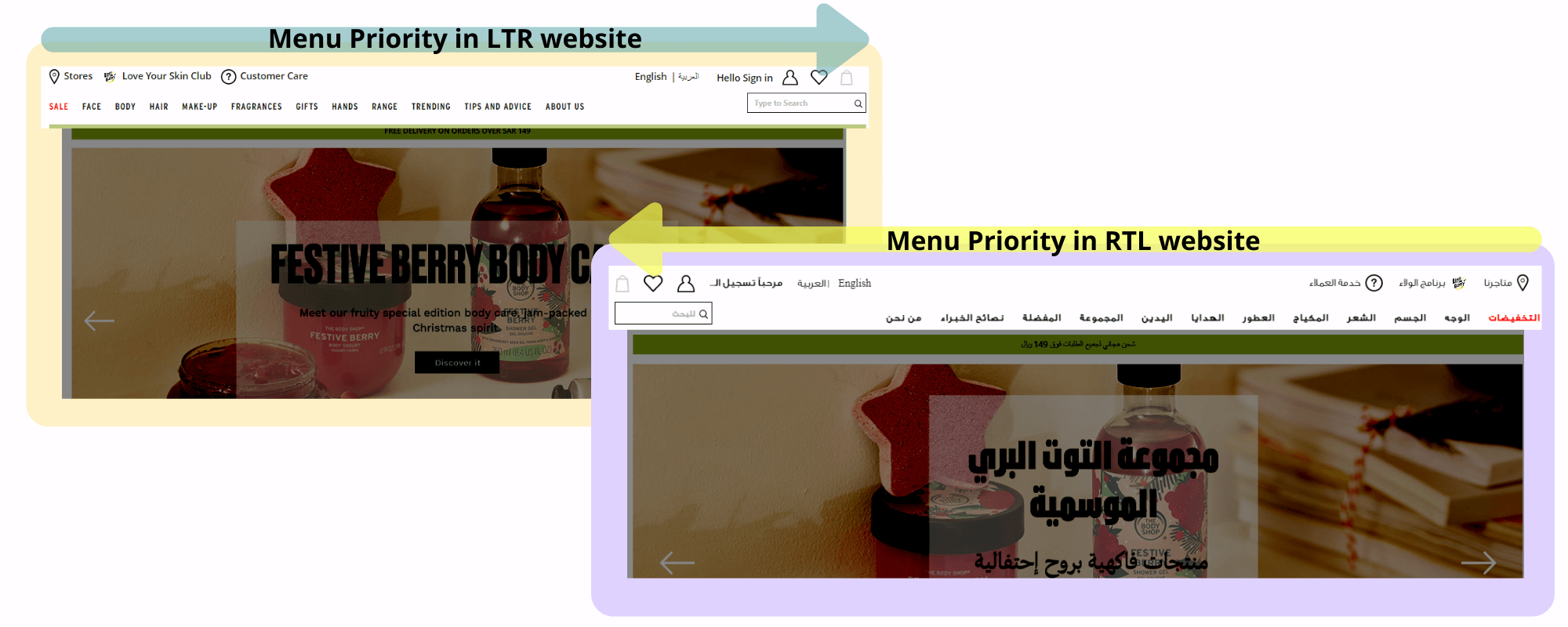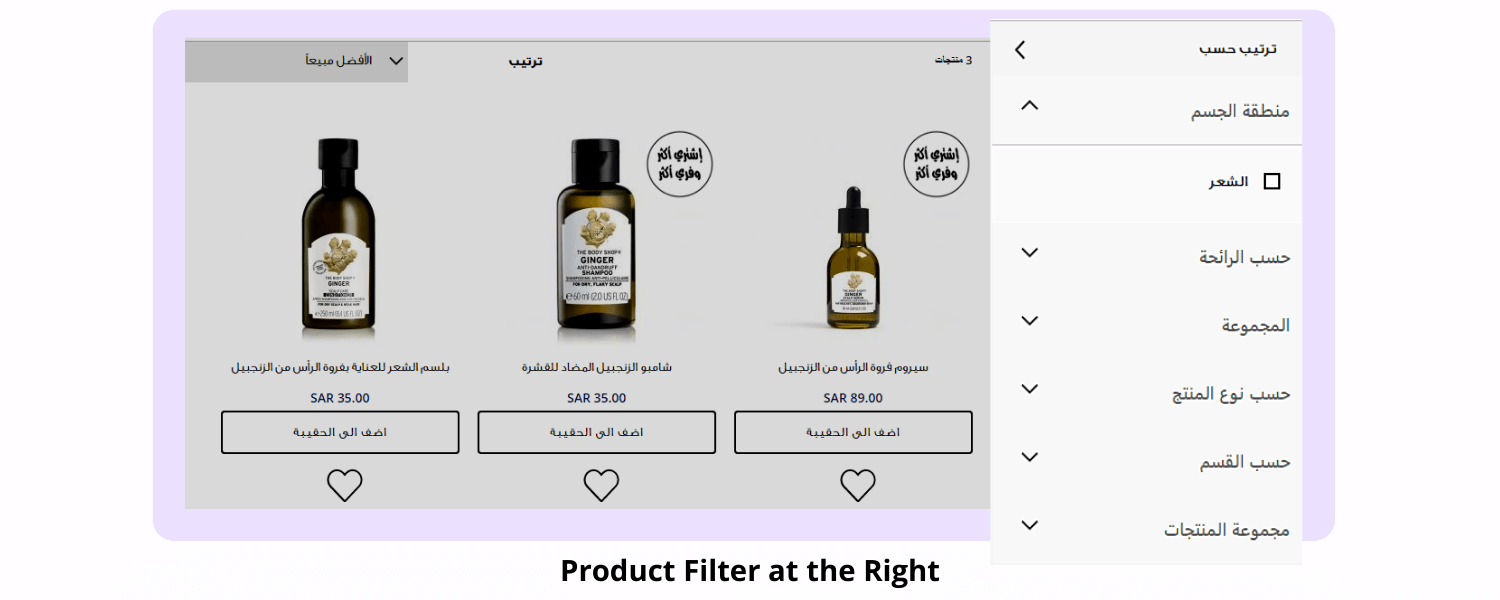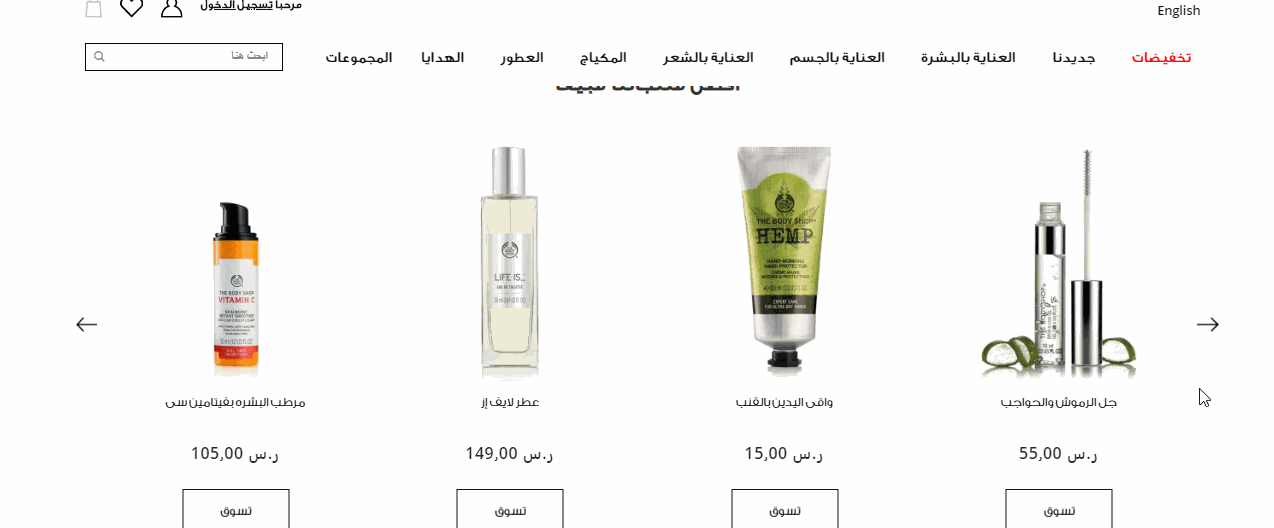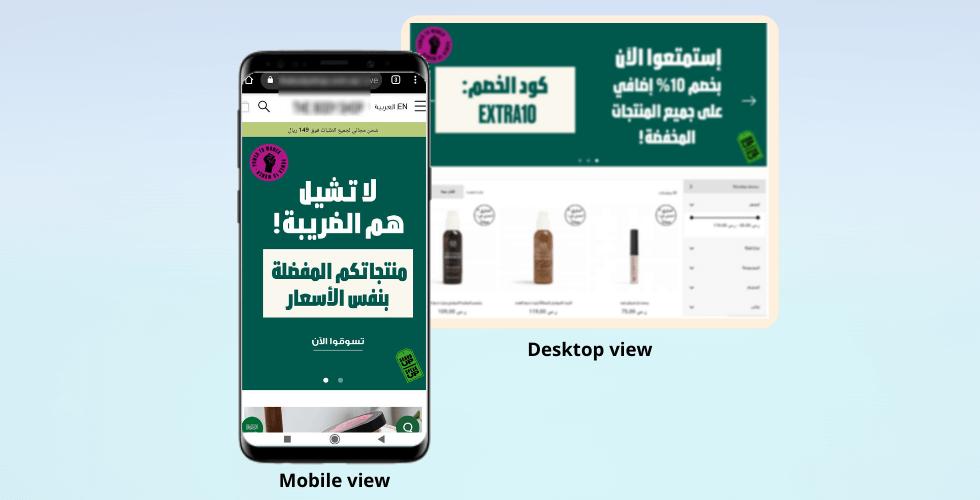Developing an Arabic Multilingual Online Store – Magento 2
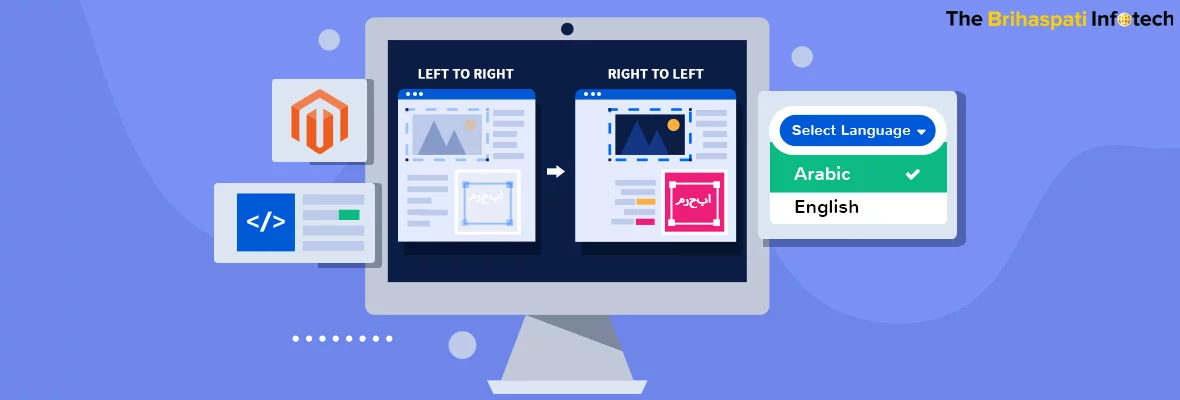
Your website needs to move with the rate at which cross border e-commerce and globalization are doing. Having a multilingual e-commerce website can get you right there, helping you reach out to a wider audience that loves to consume web materials in their languages.
According to a recent survey by tcworld,
76% of online shoppers prefer to buy products that speak their native languages.
The very same source also confirms that 40% of online shoppers are hesitant at buying if the store speaks some other language.
English, undoubtedly is the most popular language used on the internet. However, when it comes to the receiving end, only 25% of all internet users are native English speakers. E-commerce owners need to look out for ways to serve their store in multiple languages.
And, is it all about just translation? Definitely not, because the website will eventually go through a long list of changes:
- The font style and size
- The currencies
- Banners (more focused for the locality)
Be it your in-house developers or a third party e-commerce development agency, your online store has to overcome these changes for a multilingual e-store. The only difference being, the latter is prepared for the forthcoming roadblocks.
The challenge to create a multilingual store only demands more attention when the script is nowhere close to English or even follows the conventional writing techniques. We are talking about languages like Urdu and Arabic.
Challenges with Arabic Website Design
Arabic is among the 5 most popular languages on the internet as of January 2020. The language is highly popular among middle east countries, especially the international hub of entrepreneurs – Saudi Arabia.
The readily available website templates are built keeping in the eye that they are read from the left side of the screen towards right. With Arabic, it is just the opposite. The script follows the Right-to-Left (RTL) standards. And that makes all the difference.
Here is a glimpse of an English website against its Arabic counterpart.
On a recent account, the Magento development team at The Brihaspati Infotech was approached by a client who wanted to expand his business across the native Arabic speaking nations. The lack of readily available Magento 2 RTL templates and the complex design issues left him with the only option to find an expert team.
Our Magento 2 Arabic theme development company was more than willing to help him at this.
Magento 2 Arabic Website Design: Our Approach
The client’s business is spread across 6 continents and 60+ countries, a majority of which are non-native English speaking regions. Evidently, the original UK based website had to be redesigned for each language. A uniform customer experience was a must across all the online stores.
The relation between the UK based site and the regional websites was more like a Parent-Child relation. The users can switch between the languages they speak. The content changes, the product prices change while a buyer’s experience remains the same.
The template was not ready to accommodate an Arabic web design. We took things to our control.
In the process, we took care of everything that came in our way:
- The language standards
- The client’s branding
- A native-like feel for the Arabic shoppers
Developing a Custom Magento Arabic Theme
Magento is known for its abilities at managing complex e-commerce demands. Magento literally does a majority of the task merchants by taking care of the enormous amount of products, customers and orders placed on the store. Magento experts, however, need to take special care while setting up an eye-catchy store.
The need for a Magento 2 RTL store design only made our task more challenging. Conventionally, the more prioritized components are placed at the left side of the screen. Now that the Arabic speaking audience reads from the right side, we had to create a reversed UI. More priority components were placed at the left. As if the new website was a mirror image to the one in English:
If we can look closely the Menu bar is reversed on the Arabic website. The Store location option in the English Store is repositioned to the extreme right in its Arabic counterpart.
A similar approach is followed for the content of the Magento Arabic website. The Arabic website, for example, has its product category on the right side which is unusual for regular store designs:
The basic idea was to ensure that customers should find priority elements in the first look followed by the rest, hence a uniform buying experience. And our experts ensured this need is rightly met.
In the process, we have customized the conventional directions of the template such that every element that is supposed to be added at the left side is delivered at the right and the vice versa. As a result, we have a Magento 2 store with a Right to Left support.
Reversed Product Slider
Our custom Magento RTL template covers more than just the content. How can we not consider the Product sliders that play such a crucial role at showcasing your products? Now that we were replicating the client’s UK based store, we had to make sure the slider, too, is aligned to the Arabic standards.
We have customized the buttons such that the overall buying experience remains intact. The following GIF file speaks for itself:
If we compare this with a regular product slider, the functions are reversed. The right button should have explored more products from the right. In our case, the slider moves in the opposite direction.
Mobile Responsive Design
A globally present website can’t overlook the mobile experience. Now that we were designing a Magento 2 RTL theme from scratch, the client wanted special attention to the buying experience on mobile phones.
Our experts have offered a mobile responsive design to ensure that the website can be easily accessed on the smaller screen.
With that, our Magento 2 Arabic website design is on point. The website does justice to the Arabic customers as well as the e-commerce giant (our client). In the process, our developers faced challenges at every step.
The Menu and the breadcrumbs were all written in Arabic. Balancing them with the expected final design was a major roadblock our developers had to overcome. This was followed by Font issues. We made sure that the Font style and size stays aligned with the client’s branding.
Our Experience with Custom Magento Development
The Brihaspati Infotech is a pioneer in custom eCommerce store development. In the past 11 years of our professional experience, we have delivered several out of box solutions for our clients.
Over years, we have been appreciated for our abilities at developing tailored solutions for businesses. From API bug fixing to a complete store setup, we have helped our clients in every possible manner.
In one of our recent projects, we have discussed Magento 2 Multi Delivery Addresses Extension that allows the Magento 2 based store to manage product delivery across multiple addresses.
If you too are looking to develop a custom Magento RTL theme, you can hire Magento experts from us. Now that we have already designed one, we can customize it for your business while staying cost-efficient and saving you time.
Concluding with Magento 2 Multilingual Store Development
Localizing your global business can be rewarding if done right. You can expand your customer base without worrying much about the costs required to penetrate a new market. Let the non-native English speaking market find you.
If you too have a similar business idea and are fathom regarding executions, contact us right away. Our business experts will reach out to you helping convert your ideas to reality.
